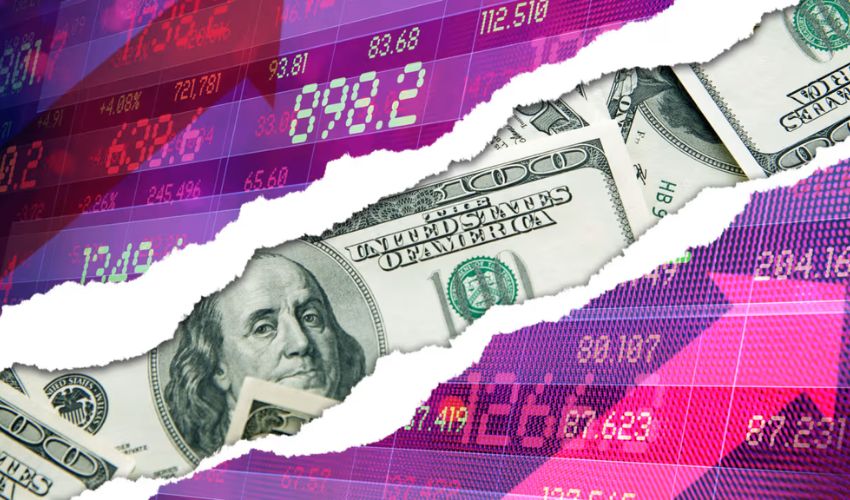In a surprising turn of events, British inflation slowed in August, reaching an 18-month low and raising hopes that the Bank of England's widely-anticipated interest rate hike may be its last for the time being. The Consumer Prices Index dipped slightly to 6.7 percent, down from 6.8 percent in July, marking the lowest inflation rate since February 2022, contrary to expectations of an acceleration to 7.1 percent due to higher energy prices.
The news of the unexpected drop in inflation sent the pound sliding nearly 0.4 percent to $1.2347 in morning trading. The decline came as the US Federal Reserve was set to make its own rate decisions later in the day.
Finance Minister Jeremy Hunt commented on the situation, stating that the Conservative government's plan to combat inflation is "working." However, he conceded that the inflation rate remains "still too high" despite the recent improvements.
UK inflation remains highest among G7 nations
Despite the decline, British inflation continues to be the highest among G7 nations. It had reached a 41-year high of 11.1 percent in October of the previous year. The persistently high inflation has led to nearly 18 months of intermittent strikes by both public and private-sector workers, who have been struggling with stagnant wages.
In a recent development, medical consultants and junior doctors working in England's National Health Service (NHS) held their first-ever joint strike on Wednesday. This strike highlights the ongoing challenges faced by healthcare workers due to the high cost of living.
Bank of England's rate hike stance
The Bank of England has hiked its key interest rate 14 times consecutively, bringing it to the current level of 5.25 percent, in an effort to curb soaring inflation. Analysts suggest that the recent inflation data may not be sufficient to deter the Bank from raising interest rates further, potentially reaching 5.50 percent, but it strengthens the belief that this could be the last rate hike in the near term.
Impact of energy costs and Oil prices
The Office for National Statistics (ONS) reported that food prices rose less in August compared to the previous year, partially offsetting higher energy costs. Economists, however, caution that the recent rebound in oil prices toward $100 per barrel could reignite inflationary pressures. This surge in oil prices is primarily attributed to output cuts by major producers such as Russia and OPEC's Saudi Arabia, which are expected to remain in place until at least the end of the year.


























